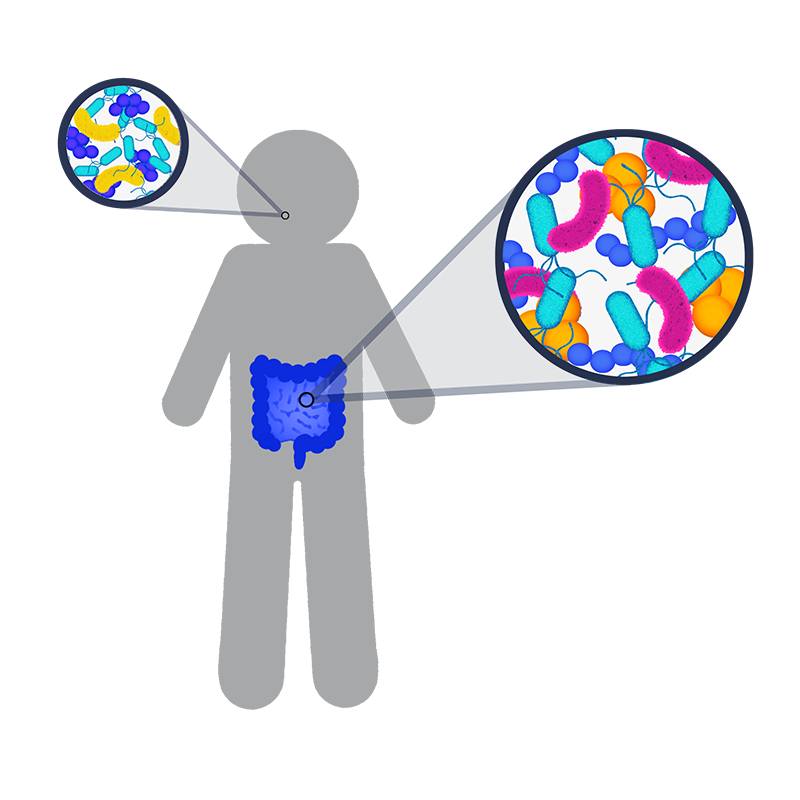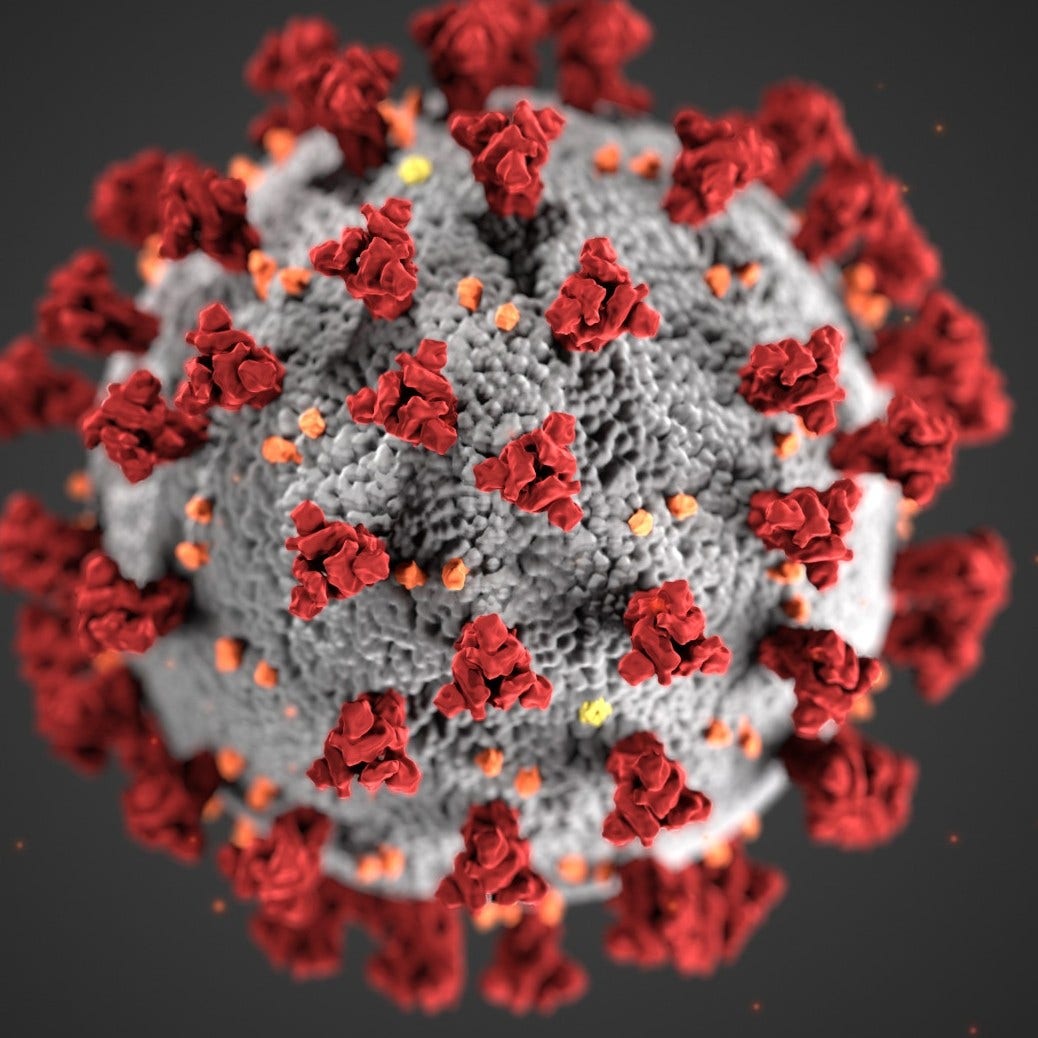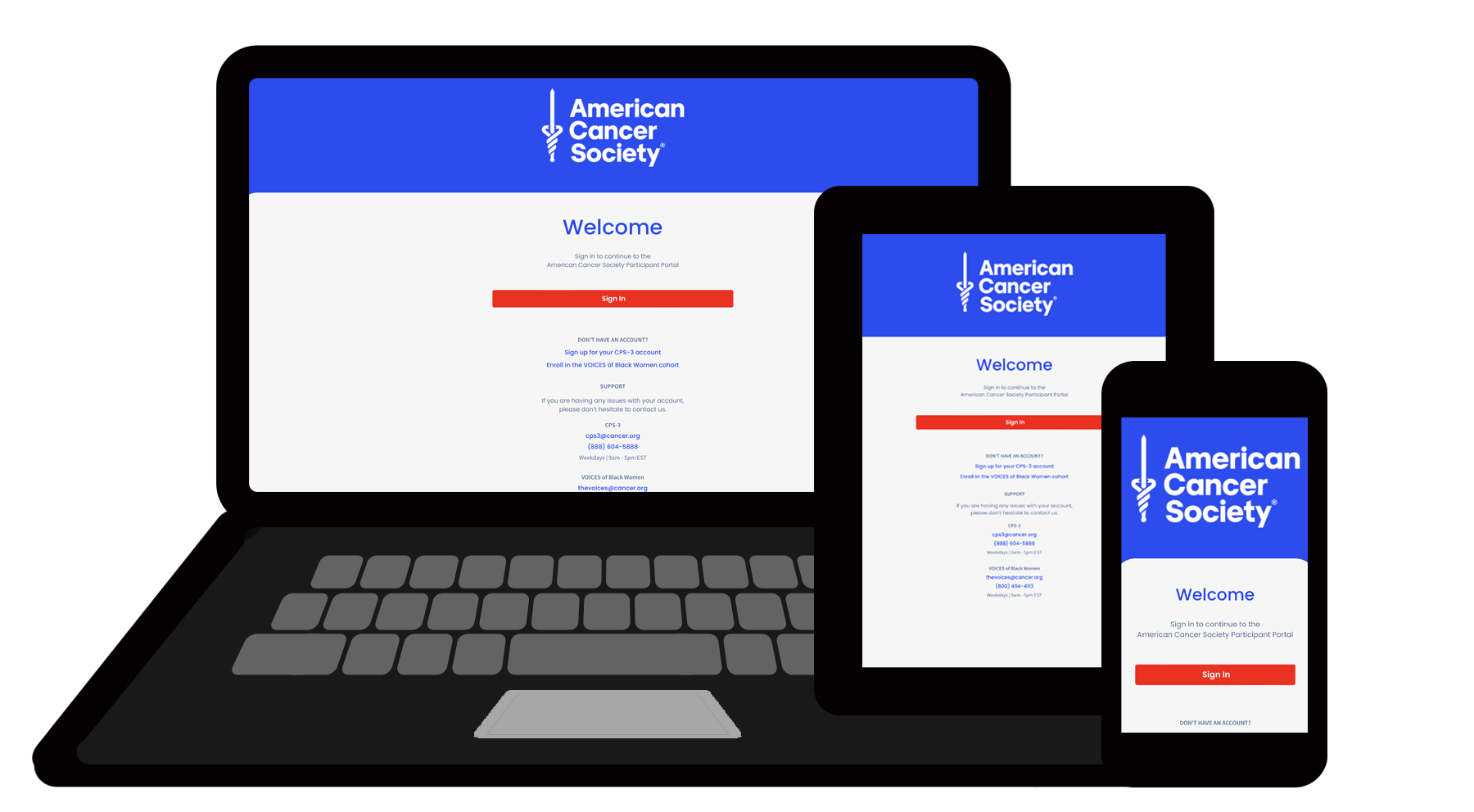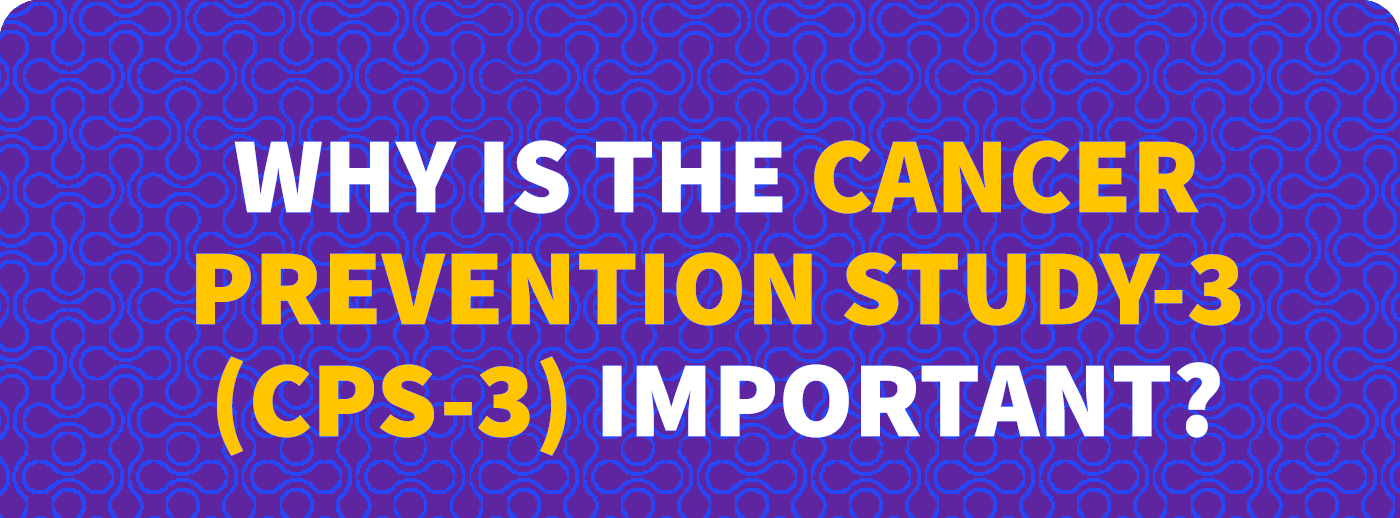Cancer Prevention Study-3 (CPS-3)
The Cancer Prevention Study-3 (CPS-3) is a large, geographically and racially/ethnically diverse US cohort of 300,000 participants who were cancer free when they enrolled between 2006 to 2013 and who are continuing to be studied.
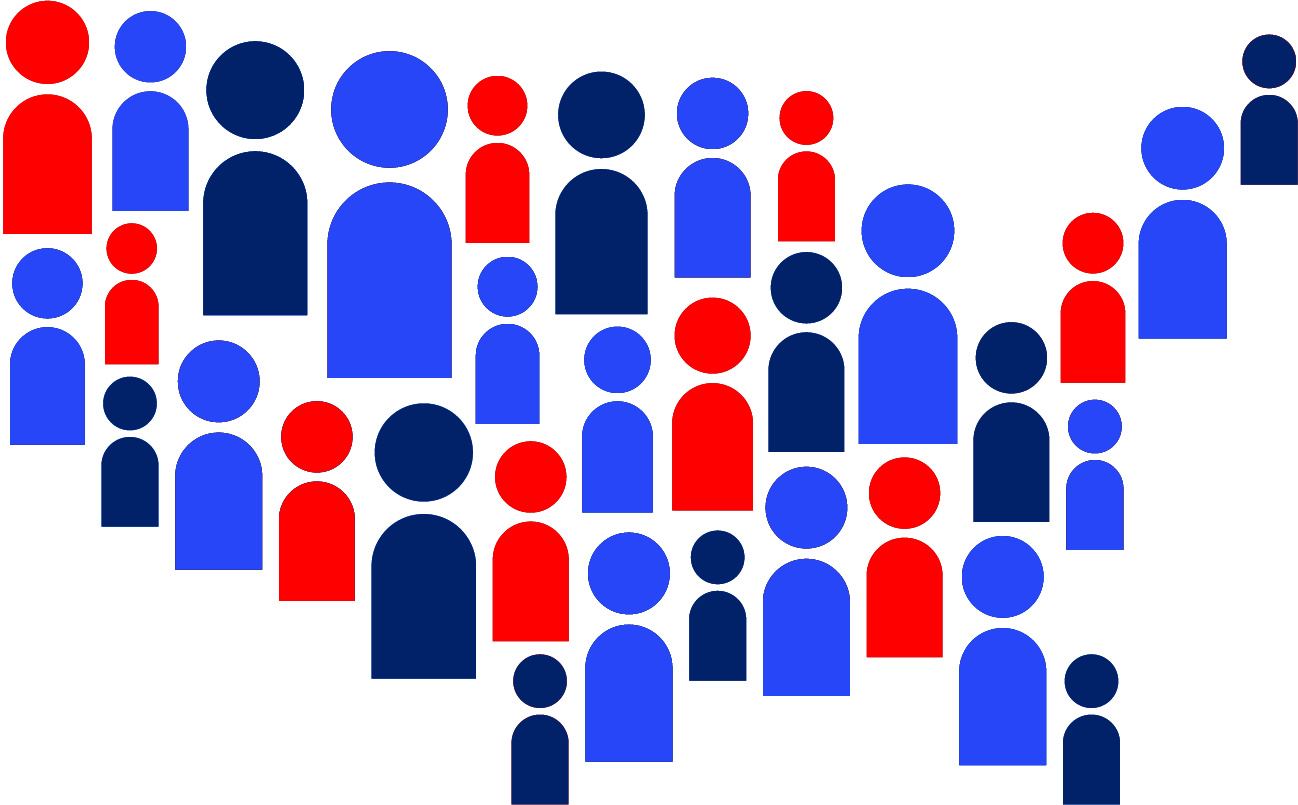
CPS-3 Sub-Studies
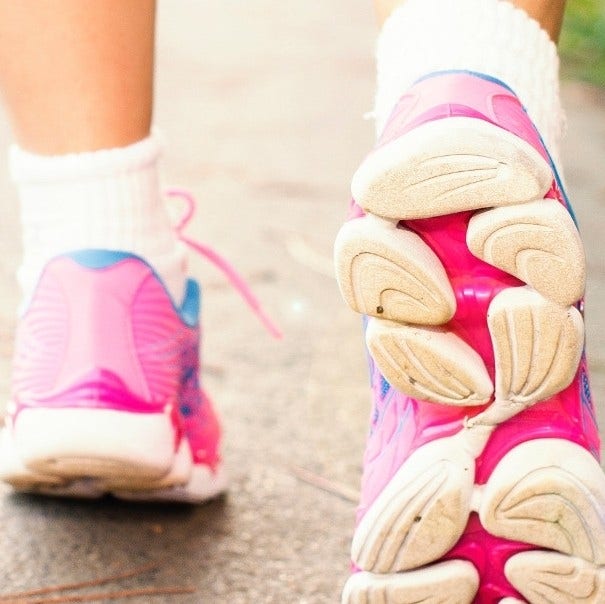
Accelerometry Sub-Study
Using wearables to track daily physical activity
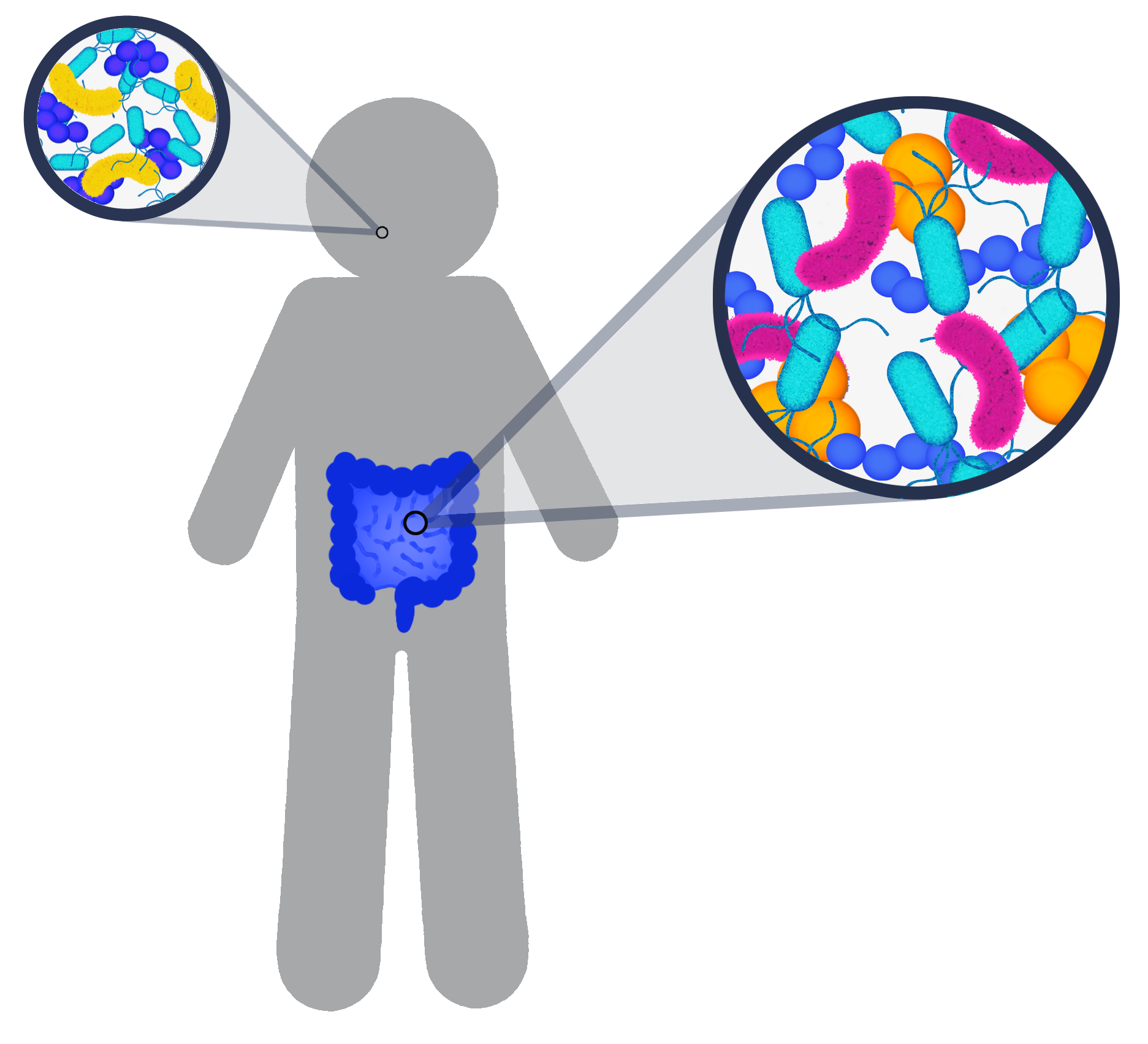
Gut & Oral Microbiome Sub-Study
Collecting stool samples to study the microbiome in the gut and mouth
CPS-3: Past, Present, and Future
In December 2013, the American Cancer Society (ACS) launched Cancer Prevention Study-3 (CPS-3) when ACS completed its initial recruitment.
Who we invited: Our Cancer Prevention and Survivorship Team invited men and women between the ages of 30 and 65 who had no personal history of cancer to participate in the study.
Who we enrolled: The goal was to enroll at least 300,000 adults, and we enrolled approximately 303,500 from various racial and ethnic backgrounds from across the United States and Puerto Rico. The average age at enrollment was 47 years.
See the CPS-3 FAQs to learn more.
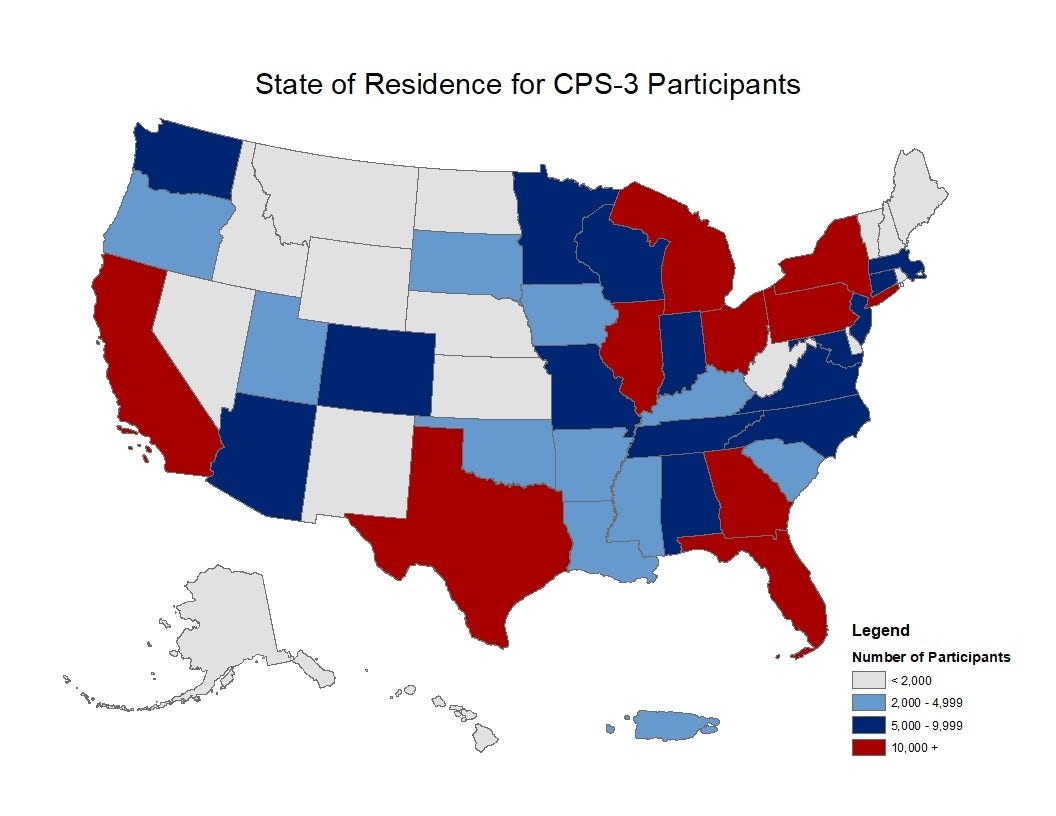
How we did it: The successful completion of this enrollment was possible because of the partnership of ACS staff and over 30,000 volunteers.
We enrolled participants at:
- Over 800 Relay For Life events
- 100 ACS events—such as Making Strides Against Breast Cancer
- Over 2,000 corporate, hospital, and community partner-hosted events
What it means to be a CPS-3 participant: All 300,000 participants enrolled in CPS-3 by completing a survey, and 99% of CPS-3 participants provided a blood sample at enrollment. Starting in 2015, every 3 years, we've sent out follow-up surveys to ask for both new and updated information, such as exposure to COVID-19 or changes in weight, diet, and physical activity. These triennial follow-up surveys also ask about recent cancer diagnoses and many other medical conditions and medications.
Why we collect biospecimens: Researchers use blood, urine, and stool samples to investigate genetic, epigenetic, and metabolomic markers associated with cancer or with cancer risk factors, and to better understand how those markers interact with various lifestyle and environment exposures. Many thousands of participants have agreed to take part in various CPS-3 sub-studies, providing urine, stool, or additional blood samples, as well as answering more specific surveys, wearing activity monitors, and more.
How long the study will last: The CPS-3 study will last 40 years. We mailed our first follow-up survey in 2015 and will continue to send one every 3 years until the year 2043. We sent out our latest follow-up survey in 2021.
How we keep improving: CPS-3 is committed to incorporating the latest technologies into every aspect of our research, including data collection and analysis, participant engagement, results delivery, and data security.
We are in the process of expanding a CPS-3 Participant Portal, to improve communication with our participants and streamline the process of volunteering for and participating in sub-studies like the Gut & Oral Microbiome sub-study."

The CPS-3 Participant Portal: We're relaunching the Participant Portal with a whole new design and platform. See the FAQs to learn all about it.
Sub-Studies—smaller cohorts for more targeted research: In addition to the triennial follow-up surveys we send, we also invite CPS-3 participants to volunteer for sub-studies, which allow us to collect more detailed information about specific risk factors for cancer, such as physical activity.
Examples of some recent sub-studies:
Accelerometry Sub-Study
The goal of the accelerometry sub-study is to enroll over 20,000 CPS-3 participants to wear personal activity monitors (accelerometers) around their waist for 7 days while they’re awake.
We’ll use the data from these monitors to study more detailed patterns of physical activity and sitting time than we can through surveys alone. That information will improve the understanding of how physical activity and sitting time affect overall health and the risk of cancer as well as other diseases.
To learn more, see the Accelerometry FAQs, Activity Monitor Instruction Worksheet, and Activity Monitor Instruction video.
Gut & Oral Microbiome Sub-Study
The gut microbiome consists of microorganisms (such as the bacteria, fungi, and viruses) that live inside our digestive tract, and the oral microbiome consists of the microorganisms that live inside our mouths. Every person’s microbiome is uniquely shaped by their diet, lifestyle, genetics, and environmental factors.
In the fall of 2020 and 2021, for the Gut & Oral Microbiome sub-study, we collected over 3,000 stool samples from CPS-3 participants. Starting in July 2022, we will begin collecting saliva samples in addition to stool samples.
By the end of 2024, we aim to collect over 10,000 paired stool and saliva samples, so we can investigate the role of the gut and oral microbiomes in overall health and the risk for developing cancer.
To learn more about this study, see the study overview sheet, or watch the overview video or instructions video.
Contact Us
CPS-3 participants:
CPS3@cancer.org
888-604-5888 Mon.-Fri. 9 AM – 5 PM EST
Researchers:
See our Data Access Policies and Procedures
Other inquiries:
Contact: Alpa V. Patel, PHD, Senior Vice President, Population Science
alpa.patel@cancer.org
404-329-7726
